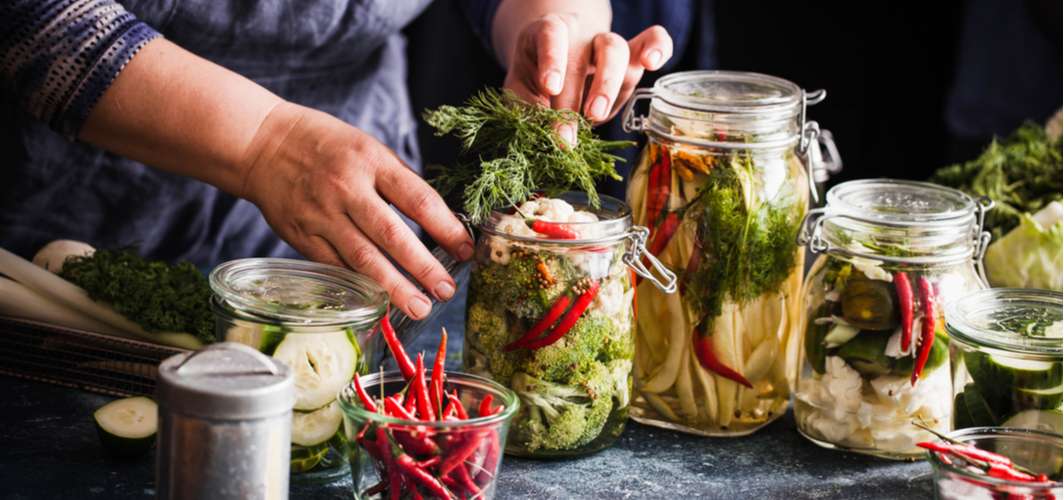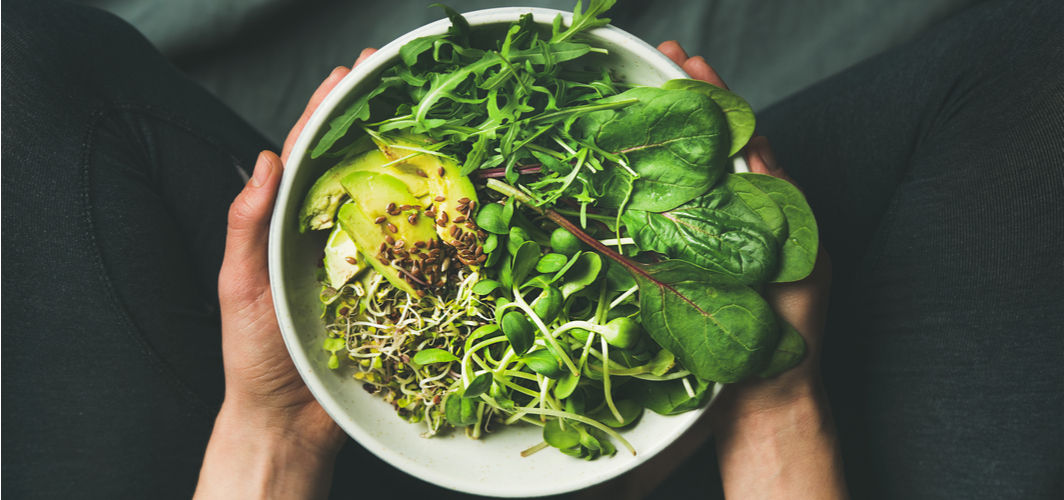Digestive Health
Pancreatitis: Everything You Need to Know
4 min read
By Apollo 24/7, Published on - 09 November 2021, Updated on - 09 November 2022
Share this article
0
4 likes

Pancreatitis is characterized by irritation and inflammation of the pancreas which plays a key role in the digestive process. It causes symptoms that include upper abdominal pain, nausea, and vomiting. There are several causes of pancreatitis with the main ones being gallstones or heavy alcohol intake. Pancreatitis can flare up suddenly or may remain a long-lasting problem, leading to permanent damage of the pancreas. Treatment mainly aims to ease pain and meet the fluid and nutritional needs of the affected person.
Pancreas and Pancreatitis
The pancreas is a leaf-shaped large organ located in the upper abdomen (behind the stomach) and connects to the beginning of the small intestine. It consists of the pancreatic duct that drains digestive enzymes into the small intestine. The primary functions of the pancreas are:
- It produces and releases the digestive enzymes into the small intestine to break down proteins, carbohydrates, and fats from food.
- It produces hormones insulin and glucagon that help regulate blood glucose levels.
When the pancreas is inflamed, it results in a condition known as pancreatitis. The inflammation occurs when the pancreatic secretions accumulate and begin to digest the pancreatic tissue itself. Pancreatitis can be acute or chronic. Acute pancreatitis occurs all of a sudden and generally heals in a few days with treatment. On the other hand, chronic pancreatitis does not improve and progresses over several years, leading to permanent damage.
The inflamed pancreatic tissue releases inflammatory molecules and toxins that can cause damage to the lungs, kidneys, and heart.
Symptoms of pancreatitis
Pancreatitis causes upper abdominal pain that may range from mild to severe. The pain occurs or worsens after consuming food.
Acute pancreatitis symptoms
- Abdominal pain which radiates to the back
- Nausea and vomiting
- A feeling of tenderness upon touching the abdomen
- Rapid heart rate
- Fever
Chronic pancreatitis symptoms
People with chronic pancreatitis may also experience nausea and vomiting. However, the characteristic symptoms include:
- Upper abdominal pain
- Abdominal pain that worsens after eating
- Sudden weight loss
- Stools that smell oily
Causes of pancreatitis
Normally, the enzymes released by the pancreas get activated to break down fats and proteins only when they reach the small intestine. However, when the digestive enzymes are activated within the pancreas itself, it can irritate the pancreatic cells, causing inflammation and resulting in pancreatitis.
When several episodes of pancreatitis occur, the pancreas gets damaged leading to chronic pancreatitis. Scar tissue formation in the pancreas may cause in its loss of function. The impaired pancreas may lead to digestion issues and diabetes.
Excessive alcohol consumption and gallstone formation are the two main causes of pancreatitis. The other causes include:
- High levels of triglycerides
- Injury to the abdomen or abdominal surgery
- Use of certain medications
- Exposure to certain chemical substances
- Smoking
- Cystic fibrosis
- Diabetes
- Pancreatic cancer
- A family history of pancreatitis
Diagnosis of pancreatitis
The diagnosis of pancreatitis involves:
- Blood tests: The levels of enzymes namely amylase and/or lipase are elevated in acute pancreatitis. However, these enzymes are not elevated in the case of chronic pancreatitis. Other blood tests may be recommended to check for infection, anaemia, and liver and kidney function.
- Imaging tests: These tests include CT (computed tomography) and ultrasound imaging to study the extent of inflammation, detect gallstones, and other abnormalities.
Treatment of pancreatitis
Resting the pancreas and allowing it to heal is the treatment goal of pancreatitis. Hospital admission is usually recommended during which, the affected person is given:
- IV (Intravenous) fluids to help prevent dehydration when fasting
- Intravenous pain medication to relieve the pain caused by pancreatitis.
Also, depending on the underlying cause of pancreatitis, treatment may include:
-
Surgery
If pancreatitis is caused by a gallstone, a surgical procedure may be required to remove gallstones and/or gallbladder. Surgery may also be performed to remove the affected part of the pancreas.
-
Treatment for alcohol addiction
If alcohol intake is the cause, a treatment program for alcohol addiction may be recommended as continuing to consume alcohol may worsen pancreatitis.
-
Medication changes
When a particular medication is a cause, the doctor may ask to stop taking the medication and offer alternative options.
In addition to the above treatment modalities, chronic pancreatitis may require:
- Medications or injections to relieve pain.
- Enzyme supplements to help improve digestion. These help the body break down foods and provide nutrients, especially with weight loss and diarrhoea.
- Dietary changes to help with eating low-fat meals but high in nutrients.
Home remedies and prevention of pancreatitis
A few lifestyle changes recommended to help in the recovery and possibly prevent the condition include:
- Limiting or avoiding alcohol intake
- Quitting smoking
- Choosing a diet low in fat
- Drinking plenty of water or fluids
- Maintaining a healthy weight
- Exercising regularly.
Healthy lifestyle changes can help avoid gallstones which can result in pancreatitis.
Conclusion
One must consult the doctor if they experience persistent and severe abdominal pain as it may indicate pancreatitis. Most people with acute pancreatitis tend to recover completely. However, chronic pancreatitis is a long-term condition that requires proper management and support for digestion and blood sugar control. One can manage pancreatitis with healthy lifestyle changes and treatment. Quitting smoking and limiting alcohol intake is recommended to reduce the risk of pancreatitis and help heal the condition.
Talk to a gastroenterologist for any questions on digestive health including pancreatitis.
You can also explore a range of digestive enzymes to enhance your digestive health.
Digestive Health
Leave Comment
Recommended for you

Digestive Health
Could Microscopic Colitis Be the Cause of Chronic Diarrhea?
Microscopic colitis is a type of chronic inflammatory bowel disease (IBD) that causes inflammation in the digestive tract characterized by persistent watery diarrhea.

Digestive Health
How Probiotics Keep the Digestive System in Great Shape
Research proves that probiotics help maintain a healthy and properly functioning digestive system that filters out and eliminates harmful microbes, chemicals, toxins, and waste products.

Digestive Health
Loose Motion: Causes, Symptoms, Treatment, Diet & Complications
This comprehensive article explores the causes, symptoms, diagnosis methods, and treatment options for loose motion or diarrhoea. It also covers potential complications and prevention measures.
Subscribe
Sign up for our free Health Library Daily Newsletter
Get doctor-approved health tips, news, and more.
Visual Stories

Hidden Health Benefits in a Bowl of Salad
Tap to continue exploring
Recommended for you

Digestive Health
Could Microscopic Colitis Be the Cause of Chronic Diarrhea?
Microscopic colitis is a type of chronic inflammatory bowel disease (IBD) that causes inflammation in the digestive tract characterized by persistent watery diarrhea.

Digestive Health
How Probiotics Keep the Digestive System in Great Shape
Research proves that probiotics help maintain a healthy and properly functioning digestive system that filters out and eliminates harmful microbes, chemicals, toxins, and waste products.

Digestive Health
Loose Motion: Causes, Symptoms, Treatment, Diet & Complications
This comprehensive article explores the causes, symptoms, diagnosis methods, and treatment options for loose motion or diarrhoea. It also covers potential complications and prevention measures.